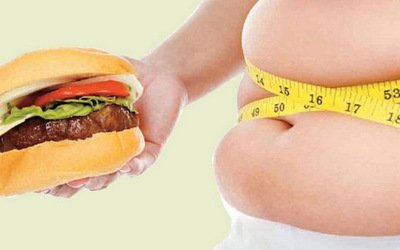
Carbohydrate Intolerance Common in Gut-Brain Disorders
TOPLINE:
A substantial proportion of patients with disorders of gut-brain interaction had carbohydrate intolerance. These patients experienced more severe irritable bowel syndrome (IBS) and somatic symptoms, along with a lower quality of life, than those without carbohydrate intolerance.
METHODOLOGY:
- Patients with disorders of gut-brain interaction may have symptoms of carbohydrate maldigestion or malabsorption; however, routine testing for these conditions is not currently recommended.
- Researchers prospectively included adult patients with disorders of gut-brain interaction at a French hospital between May 2022 and December 2023 to assess the prevalence of lactose and fructose intolerances and to characterize patients based on gastrointestinal and non-gastrointestinal symptoms.
- They included 301 patients (mean age, 43.7 years; 70.1% women) who tested negative on an initial 75 g glucose breath test. Participants underwent 25 g breath tests for lactose and fructose on alternate days and completed the symptom assessment with the adult Carbohydrate Perception Questionnaire (aCPQ) during each test period.
- An increase ≥ 20 ppm of exhaled hydrogen or ≥ 10 ppm of methane from baseline levels was considered a positive breath test indicating malabsorption.
- Lactose and fructose intolerances were defined as an increase ≥ 20 mm from baseline on the aCPQ visual analog scale in the intensity of at least one of the five gastrointestinal symptoms: Nausea, pain, bloating, flatulence, or diarrhea. Patients were considered carbohydrate intolerant if they met that threshold for lactose, fructose, or both.
TAKEAWAY:
- Results of the aCPQ showed that 178 patients (59.1%) exhibited carbohydrate intolerance — 47 were intolerant to lactose only, 54 were intolerant to fructose only, and 77 were intolerant to both. Breath tests indicated that 133 patients (44.2%) had carbohydrate malabsorption.
- Patients with carbohydrate intolerance were more likely to be women (P < .001), have two or more disorders of gut-brain interaction (P = .001), and have lactose maldigestion (P < .001) and fructose malabsorption (P = .023) than those without carbohydrate intolerance.
- Patients with carbohydrate intolerance had more severe IBS and somatic symptoms and a lower quality of life than those without carbohydrate intolerance (P < .001 for all).
- Lactose maldigestion and somatic symptom severity — but not fructose malabsorption — were independently associated with carbohydrate intolerance (Nagelkerke R Square = 0.206).
IN PRACTICE:
“Our findings highlight the importance of assessing carbohydrate intolerance to develop tailored and improved management strategies in DGBI [disorders of gut-brain interaction],” the authors wrote.
SOURCE:
This study, led by Hiba Mikhael-Moussa, French National Institute of Health and Medical Research, Joint Research Unit 1073, University of Rouen Normandy, Rouen, France, was published online in The American Journal of Gastroenterology.
LIMITATIONS:
This study was conducted at a single center. Breath tests involved the ingestion of only one carbohydrate, which may not reflect real-life scenarios. Placebo breath tests were not performed, and the lactose and fructose tests were not blinded.
DISCLOSURES:
This study is part of Mikhael-Moussa’s thesis project funded by the French National Institute of Health and Medical Research. No additional funding was received for this study. Five authors reported serving as consultants, speakers, or advisory board members of various pharmaceutical and medical technology companies.




